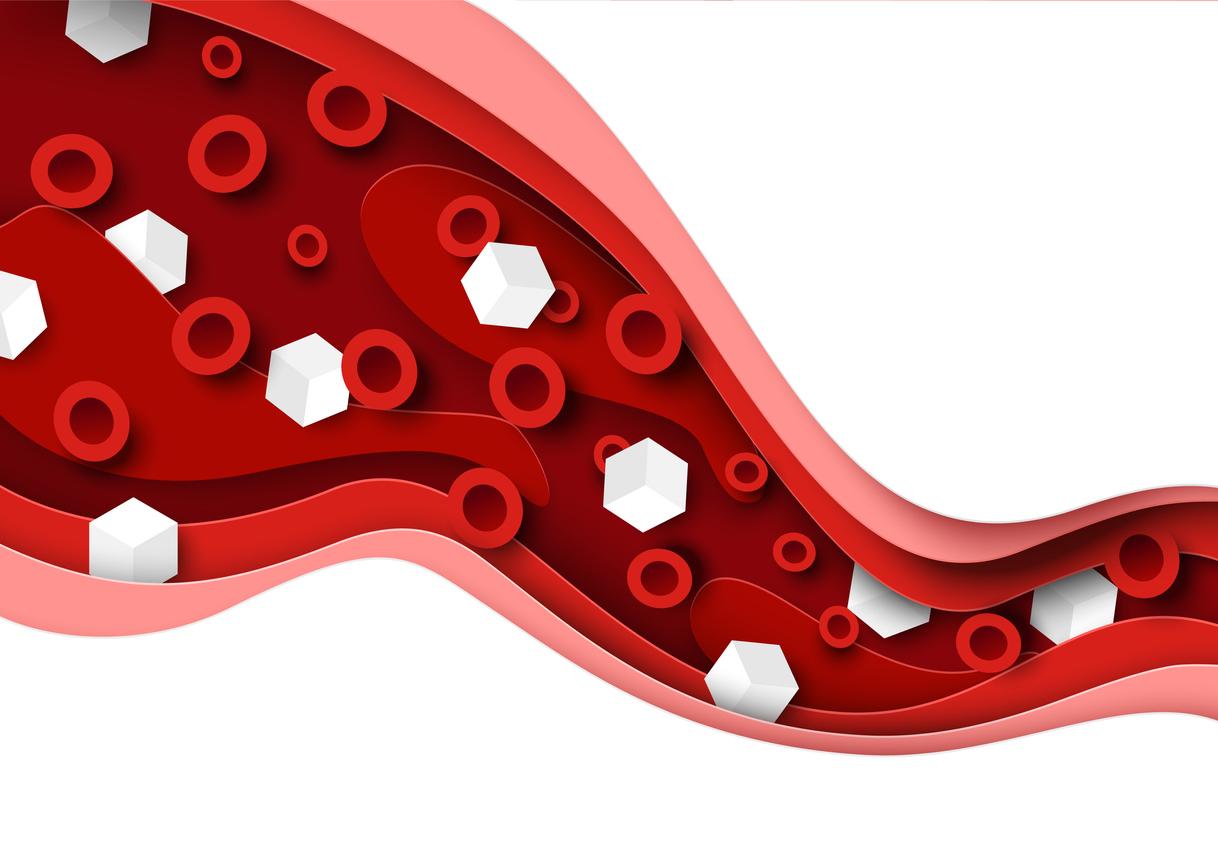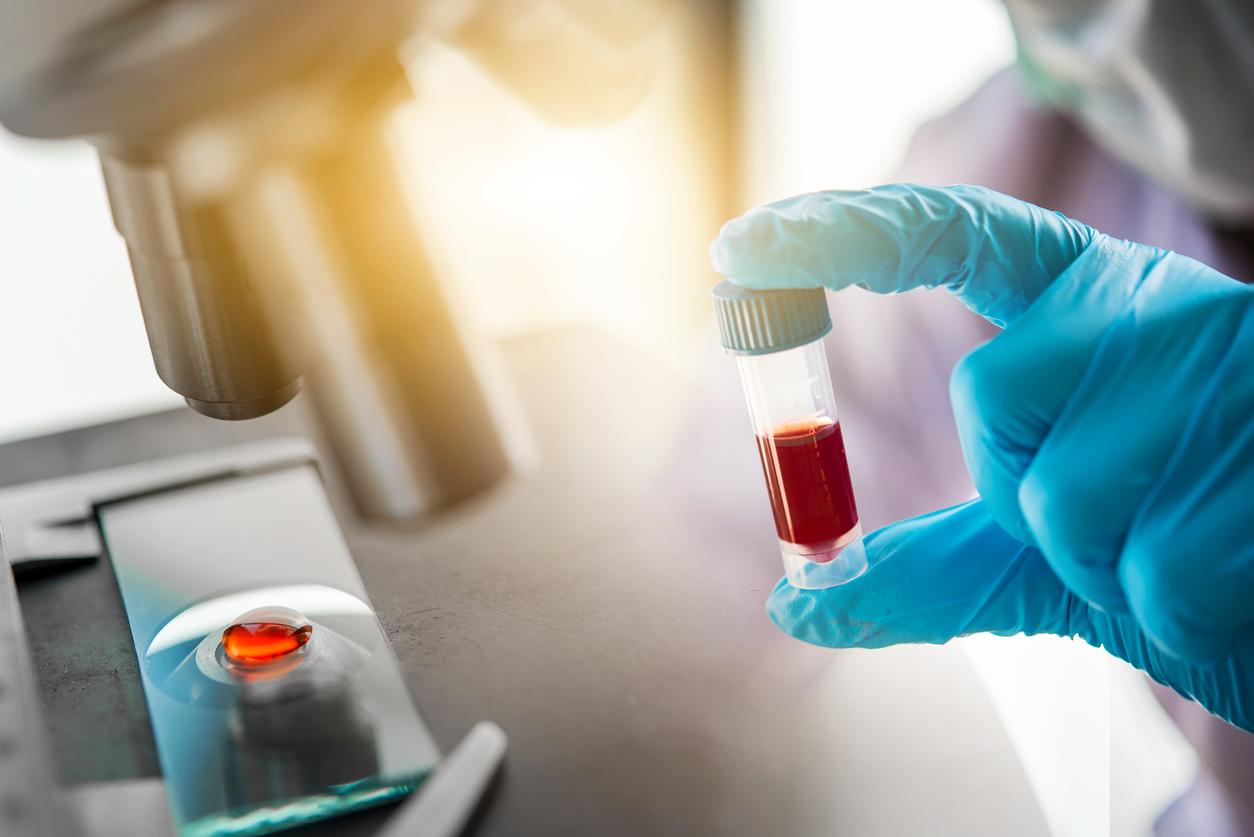Researchers have identified liver cancer biomarkers present in patients’ blood that could help improve detection and management of the disease.

- Researchers have identified biomarkers in the blood that predict a patient’s risk of liver cancer.
- The team selected four of these proteins to create a predictive model for liver cancer risks.
- It has been shown to be more accurate in predicting disease than traditional risk factors.
In 2023, there were 11,658 new cases of liver cancer. Like all cancers, early detection of cancer cells improves treatment and chances of survival. Researchers from Mass General Brigham and Beth Israel Deaconess Medical Center have made important progress on this point. They discovered detectable proteins in the blood that allowed prediction of a patient’s liver cancer risk years before diagnosis.
Their results were published in the journal JNCIMay 1, 2024.
Liver cancer: biomarkers more precise than risk factors
For their study, the scientists used SomaScan – a platform that measures protein levels in biological samples – to simultaneously determine the levels of 1,305 proteins. They also took plasma samples from participants in two research studies: one on the health of nurses and the other on medical professionals in the United States. In particular, the team examined blood samples obtained from individuals an average of 12 years before their liver cancer diagnosis.
The researchers thus identified 56 plasma proteins which had significantly elevated levels in patients with liver cancer compared to those who had never developed a malignant liver tumor. The team then selected four of these proteins to create a predictive model. It was tested on the UK Biobank Pharma Proteomics cohort of 50,000 people.
Result: the test was more accurate in predicting liver cancer than traditional risk factors.

Liver cancer: further research on biomarkers
The authors acknowledge that their study included a limited number of cases of liver cancer and that additional trials, particularly with more varied and/or high-risk populations, are needed.
“Although further research in additional populations is absolutely needed, our results reveal a robust circulating protein profile associated with liver cancer years before diagnosis, which is remarkable”assures co-lead author Xuehong Zhang in a communicated. The team plans, among other things, to repeat its methodology, this time increasing the number of proteins tested with the SomaScan platform to 11,000.
“With further advances, the protein biomarkers investigated in the study could potentially have clinical importance as a non-invasive test to assess liver cancer risk.”conclude the experts.

















